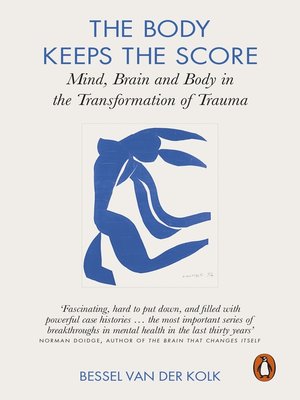



As will be discussed in detail later in this report, these groups display greater religious knowledge even when education and other factors are held constant. Looked at another way, 27% of Jews, 22% of atheists and agnostics, and 20% of Mormons score in the top 10% of all respondents in overall number of correct answers to religious knowledge questions, getting at least 26 questions right. Overall, the three groups that perform best in this survey are atheists and agnostics (who get an average of 20.9 out of 32 questions right), Jews (20.5 questions right on average) and Mormons (20.3 questions right).

At the other end of the spectrum, just 8% know that the 12th-century philosopher and Torah scholar Maimonides was Jewish, and 11% correctly identify Jonathan Edwards, viewed by many scholars as the pre-eminent American theologian, as a preacher during the First Great Awakening, a period of heightened religious fervor in the 1730s and ’40s. At the top end of that scale, at least eight-in-ten Americans know that teachers are not allowed to lead public school classes in prayer, that the term “atheist” refers to someone who does not believe in God, and that Mother Teresa was Catholic. The scores on individual questions ranged from 8% to 89% correct. Just 2% of those surveyed answered 29 or more questions correctly (including just eight individuals, out of 3,412 surveyed, who scored a perfect 32) 3% correctly answered fewer than five questions (including six respondents who answered no questions correctly). The average respondent answered 16 of the 32 religious knowledge questions correctly. The Pew Forum’s religious knowledge survey included 32 questions about various aspects of religion: the Bible, Christianity, Judaism, Mormonism, world religions, religion in public life, and atheism and agnosticism.


 0 kommentar(er)
0 kommentar(er)
